Session Description
Kapi‘olani Community College's two-time national award-winning Teaching Online Preparation Program (TOPP) prepares faculty to teach online, both technically and pedagogically. The program serves a cohort of approximately fifteen faculty each semester, but when the pandemic saw classes going online en masse, that proved insufficient. A total redesign scaled the professional development to serve not only faculty at the College, but anyone and everyone (including counselors, librarians, adjuncts, teaching assistants, etc.) who wished to participate across a 10-campus University of Hawai‘i system. The result, TOPP To Go!, fostered a rich community of practice that bridged campuses, disciplines, and staff and faculty rolls in an unprecedented manner. Participants from seven community colleges and three, four-year campuses connected to share questions, challenges, insights, strategies, and resources. The program has undergone four iterations, with a total participation of 550+ and has fundamentally changed our approach to professional development. In this session, we’ll share our data, resources, and takeaways from this transformative experience, including strategies to foster engagement in a large-scale, online community of practice and differentiating for diverse professional development needs.
Presenter(s)
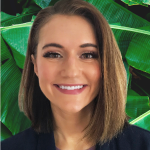 Jamie Sickel
Jamie Sickel
Instructional Designer
Kapi‘olani Community College
Dr. Jamie Sickel is a former teacher educator and current instructional designer for the Center of Excellence for Learning, Teaching, and Technology at Kapi‘olani Community College.
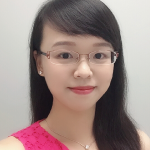 Youxin Zhang
Youxin Zhang
Instructional Designer
Kapi‘olani Community College
Youxin Zhang works as an instructional designer at Kapiʻolani Community College. She provides pedagogical and technical support to faculty and staff regarding instructional design, professional development, use of technology, and etc.
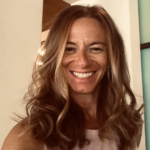 Nadine Wolff
Nadine Wolff
Kapi'olani Community College
Nadine Wolff teaches Mathematics in the Math & Sciences Department at Kapiʻolani Community College. She has been teaching for twenty years and ventured into online education about eight years ago. Her teaching style focuses on student engagement, ‘āina-based learning, and growth mindset.
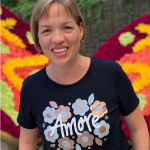 Kawehi Sellers
Kawehi Sellers
Hospitality and Tourism Education Program
Kapi‘olani Community College
Kawehi Sellers is an associate professor in the Hospitality and Tourism Education Department at Kapiʻolani Community College. Her new-found passion includes supporting her peers in developing their active learning strategies.

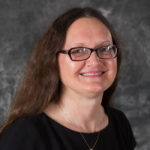 Loretta Millam
Loretta Millam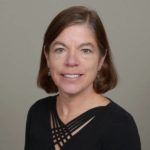 Michelle Reinhardt
Michelle Reinhardt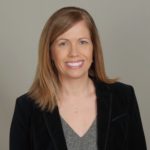 Cathleen Hochanadel
Cathleen Hochanadel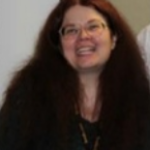 Cynthia Calongne
Cynthia Calongne Constancio Paranal
Constancio Paranal Lori Brooks
Lori Brooks Judith Drilling Cornaggia
Judith Drilling Cornaggia Jennifer Castle
Jennifer Castle Dominique Hallett
Dominique Hallett Dr. Quiana Bradshaw, DCS, MSIT, MBA
Dr. Quiana Bradshaw, DCS, MSIT, MBA David Keating
David Keating Charlotte Dawson
Charlotte Dawson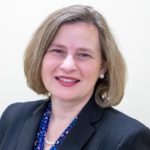 Tracy P George
Tracy P George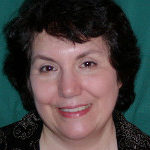 Claire DeCristofaro
Claire DeCristofaro Michelle Rosser-Majors
Michelle Rosser-Majors